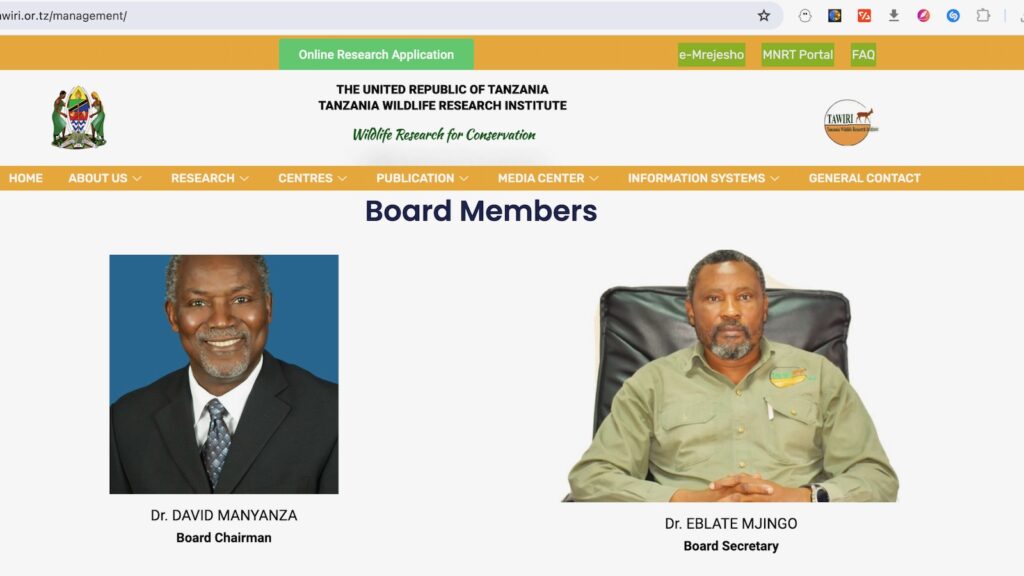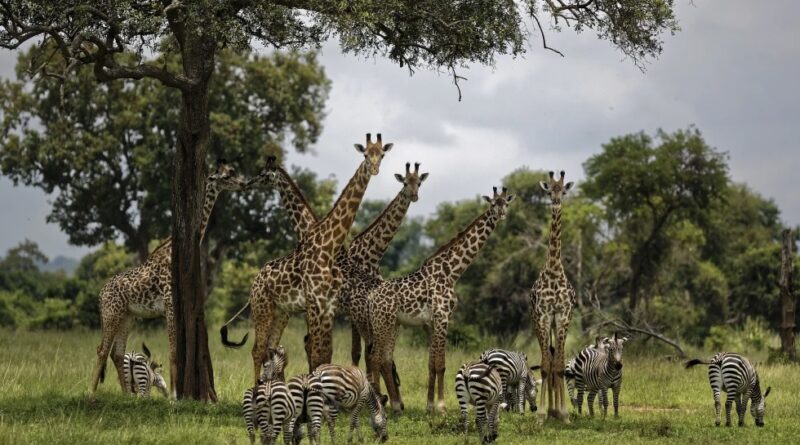World Bank suspends funding for Tanzania tourism project
The World Bank suspends funding for a tourism project in Tanzania that caused the suffering of tens of thousands of villagers, according to a U.S.-based rights group that has long urged the global lender to take such action.
The World Bank’s decision to suspend the $150 million project, which aims to improve the management of natural resources and tourism assets in a remote part of southern Tanzanian, was “long overdue,” the Oakland Institute said in a statement Tuesday, charging that the bank’s “failure to take immediate action resulted in serious harms for the local communities.”
At least $100 million has already been disbursed for the project, which started in 2017. The suspension of World Bank financing took effect April 18.
The Oakland Institute, a California-based rights watchdog whose work focuses on marginalized communities, for years led calls for the World Bank to stop funding the project known by the acronym REGROW, documenting serious rights abuses suffered by Indigenous communities in the area.
The group in a report released in November accused the World Bank of failing to hold Tanzanian authorities accountable for extrajudicial killings and sexual assaults relating to the expansion of Ruaha National Park.
About REGROW
RESILIENCE NATURAL RESOURCES FOR TOURISM GROWTH (REGROW) PROJECT (P150523)

This project is funded by World Bank to the Government of Tanzania through the Ministry of Natural Resources and Tourism (MNRT). The REGROW project developed a research Agenda that is being implemented by TAWIRI in collaboration with other stakeholder institutions. Research activities conducted under this project include assessments of large, small mammals and birds population and distribution (RP1); assessment of vegetation and habitat dynamics (RP2); assessment of Human Wildlife Conflict (HWC) and Api-tourism potentials (RP3) and ecology of Giraffe Skin Disease (RP4). The project also implements procurement related activities which aim to support long term research activities, south of Tanzania namely the construction of Southern Highlands Wildlife Research Center (SHWRC) and the improvement of the Wildlife Database. Overall, the project has published 2 papers in international journals, 1 policy brief, 2 technical reports, 2 news letters, 1 educational documentary, and 1 training manual. Furthermore, the project continues with data collection and drafting of more reports, news letters and manuscripts for publication.
If you want to read more news about Tanzania, then CLICK HERE.
If you want to support our project, why not follow us on LinkedIn (CLICK HERE) or Facebook (CLICK HERE) – or why not both?

suspends

